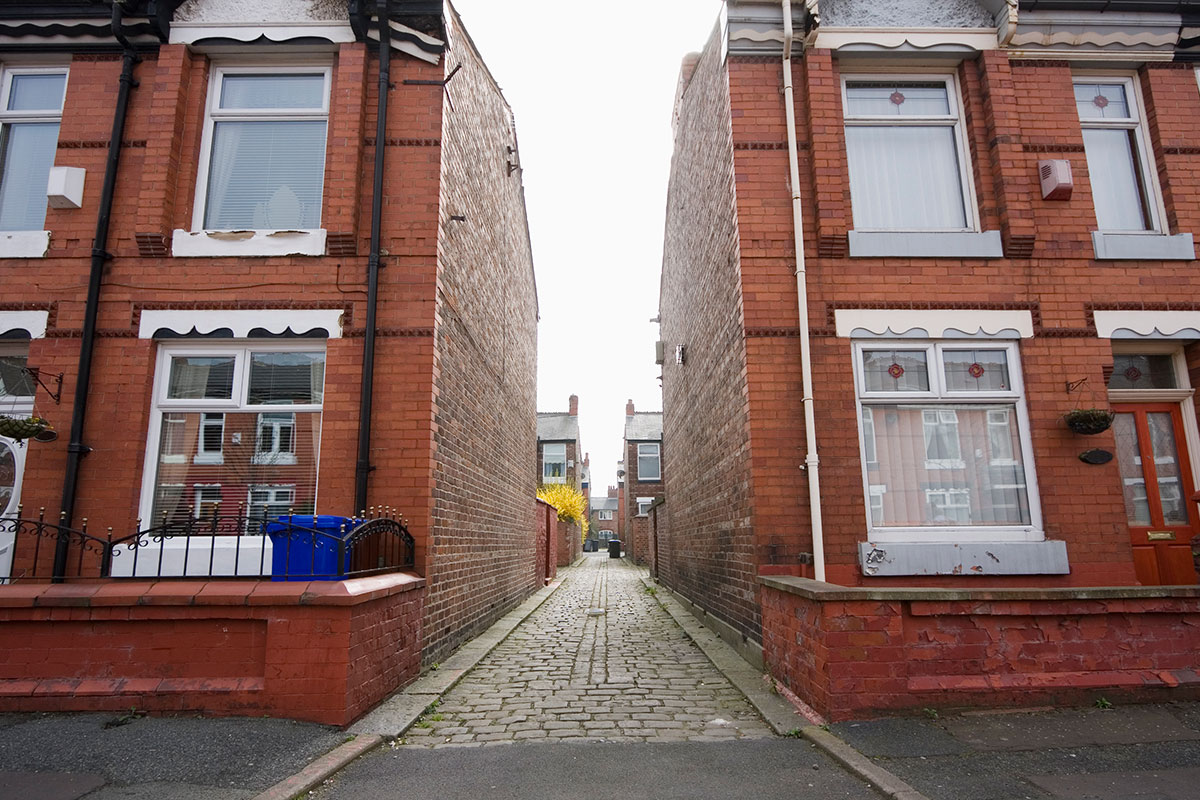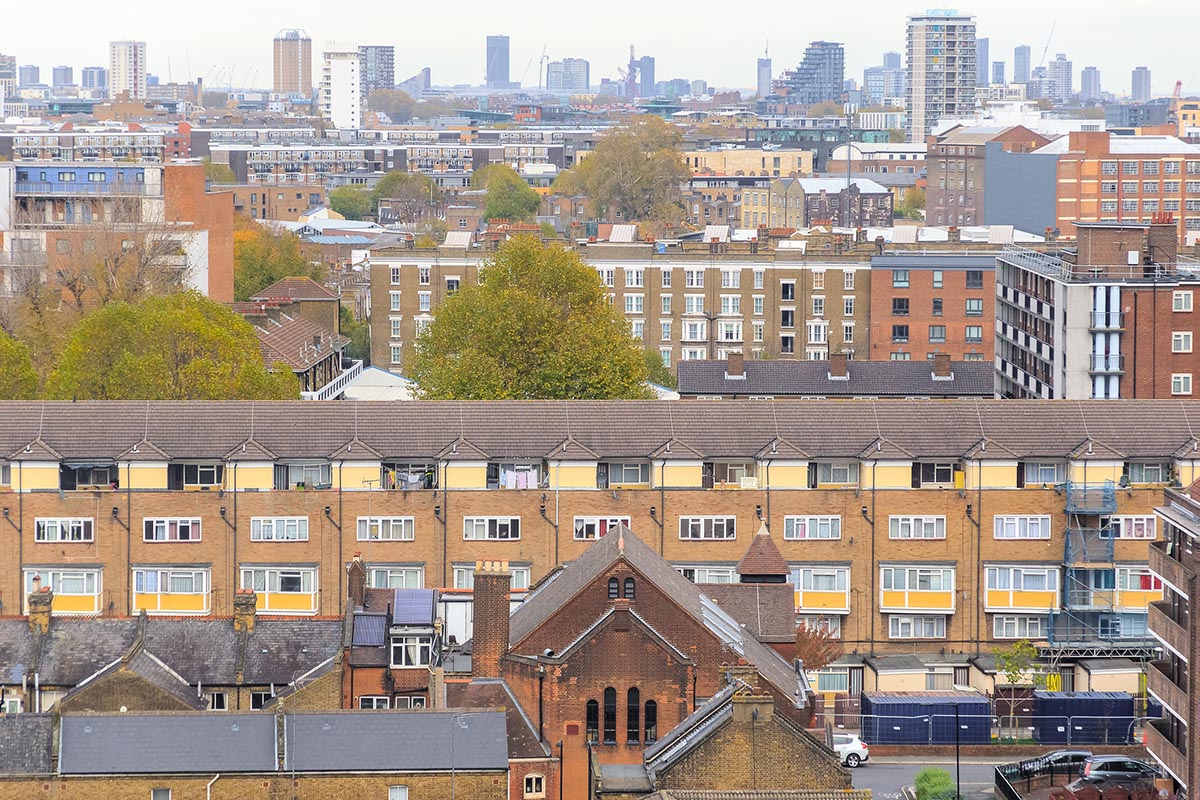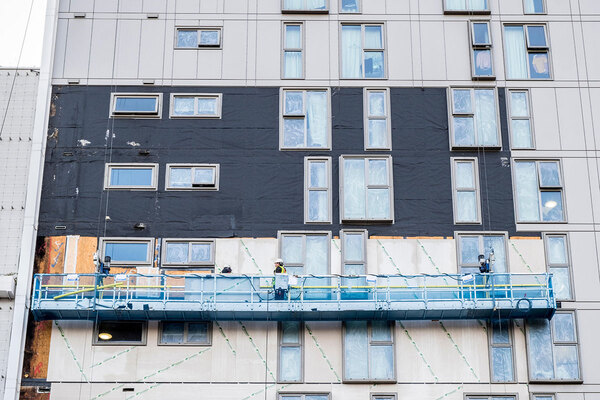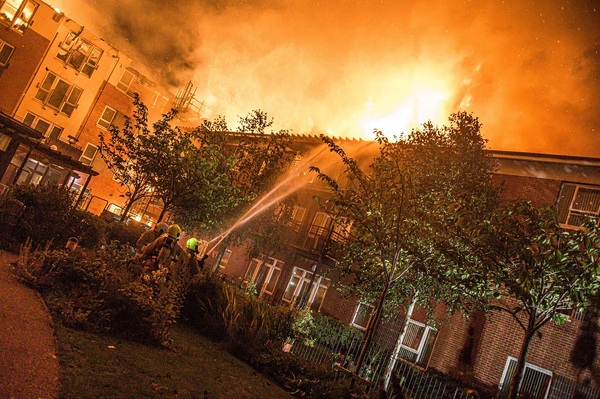
Gavin Smart is chief executive of the Chartered Institute of Housing
30 years of housing policy with the UK Housing Review
If we continue as we’ve been doing on housing, things will continue to get worse, says Gavin Smart
As I sit down to write this, I can’t believe it’s been three decades since we began producing the UK Housing Review, the leading source of analysis and statistics on housing, benefits and homelessness for England, Wales, Scotland and Northern Ireland.
“The pandemic has shone a bright light on the importance of a safe, secure and affordable home”
This year’s anniversary edition gives us an opportunity to reflect on the changes in our housing system over the past 30 years, as well as to look forward to what the data and trends tell us about the future.
Lead review author, Professor Mark Stephens, has a dedicated chapter on this, examining how housing policy operates, involving complex interactions not only between different parts of the housing system, but between the housing system and broader institutions.
He notes: “It is striking how rarely government seeks to understand housing in this way – to see the big picture.”
The 2022 review highlights, once again, how the social rented sector has become a safety net for those who need it most, but we know it’s becoming increasingly harder to access – particularly in England. The Right to Buy is partly to blame, alongside issues around housing supply, most notably the supply of affordable housing, which falls far short of what is required.
Although the Right to Buy has been abolished in Scotland and Wales, it was ‘reinvigorated’ in England by the coalition government where, partly as a result, the stock of social homes continues to get smaller. Over the same timescale, Scotland has added an extra 25,000 social rented properties to its stock.
“The enduring message is that if we continue as we are the problems will only get worse. The new focus on ‘levelling up’ provides an opportunity to address this”
The pandemic has shone a bright light on the importance of a safe, secure and affordable home and, in many ways, the story of the unequal impacts of the pandemic is the story of the longstanding inequality in our country and in our housing system.
We know we need to build 340,000 homes each year in England, critically including 90,000 social rented homes, to keep pace with demand and tackle the backlog of people living in inadequate housing. Although the private rented sector partially fills the gap, it now houses people of all ages and walks of life.
For working-age households, it’s typically more expensive than social renting and often, over time, more costly than homeownership.
We know that high housing costs are contributing to overall poverty levels, and this is unacceptable.
A growing imbalance
The effect of higher rents in social and private sectors, the shift in tenure towards private renting and the reduction in ‘supply-side’ subsidies for social landlords have led to a significant change in the pattern of housing subsidies. Mark Stephens’ chapter reminds us that back in 1975, more than 80% of housing subsidies were directed at boosting housing supply. By 2016, this had changed completely: more than 95% of subsidy was going towards helping people pay their housing costs.
The problem is that the more we fail to invest, the more this imbalance will grow. The enduring message is that if we continue as we are, the problems will only get worse. The new focus on ‘levelling up’ provides an opportunity to address this.
Over the lifetime of the UK Housing Review, the housing sector has changed immeasurably. The scale of the housing supply and affordability crisis has been long known. In among the blizzard of targets and ambitions, few could say that the housing policies pursued over the past 30 years have contributed to resolving that crisis. And now, the supply crisis is further compounded by generational challenges around net zero, the quality of existing stock and, of course, building safety.
To achieve each of these priorities, making our homes safe, future fit and delivering the hundreds of thousands of new homes required to house this and future generations will require government support. It will also require the commitment, dedication and expertise of the housing profession.
As housing professionals, we have an incredible opportunity to help people enjoy a safe and secure home from which they can build the rest of their lives. The work we do is so important, which why I’d urge you to take time to read some of this year’s review. You may just dip your toe in a few chapters, or simply digest the executive summary, but I can promise you there is so much in here that you will find useful for your day to day working life.
From what I know of the sector, I believe that the challenges we face can, with the right support, be overcome. Over the next 30 years, the UK Housing Review will chart that progress.
Gavin Smart, chief executive, Chartered Institute of Housing
The 30th edition of the UK Housing Review has been released today and is available to purchase from the Chartered Institute of Housing’s bookshop
Sign up for our daily newsletter
Already have an account? Click here to manage your newsletters












